|
Hello! 👋 I'm Nicole (she/her), a PhD student and NSF graduate research fellow at Stanford University advised by Tatsu Hashimoto and Carlos Guestrin in the Stanford NLP group.
Previously, I graduated from Princeton University with a BSE in electrical and computer engineering and minors in cognitive science and robotics, where I was fortunate to be advised by Olga Russakovsky.
|
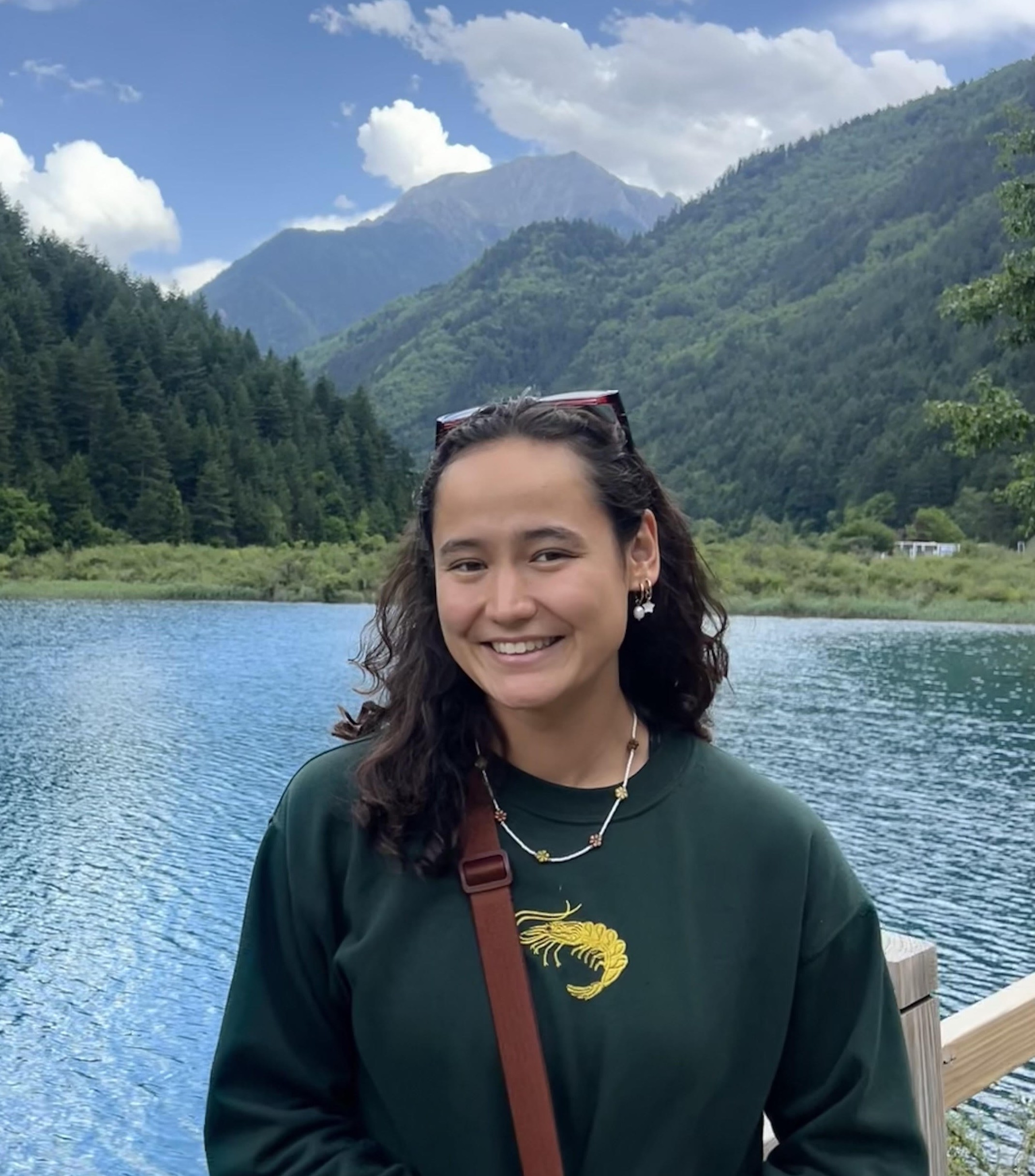
|
|
|
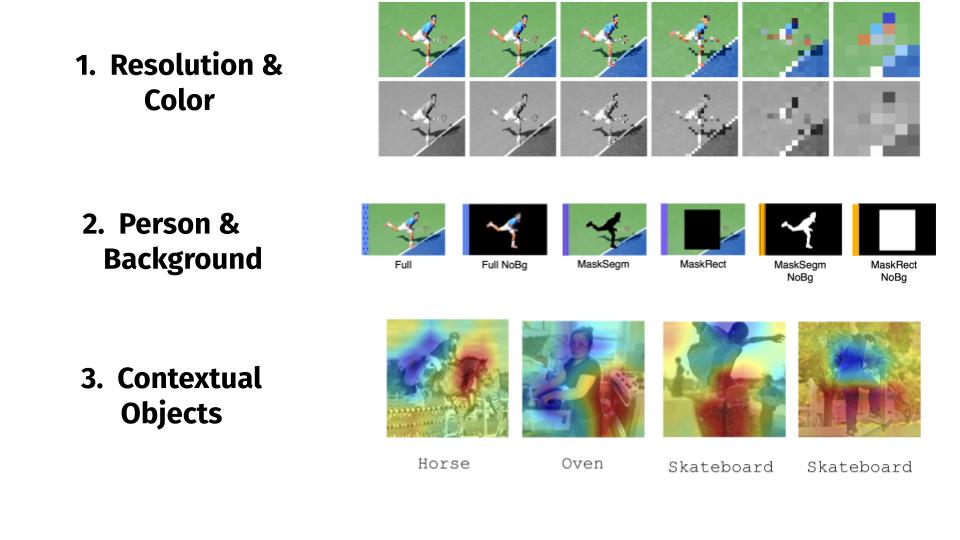
|
Nicole Meister*, Dora Zhao*, Angelina Wang, Vikram V. Ramaswamy, Dr. Ruth Fong, Prof. Olga Russakovsky ICCV, 2023 [project page] [paper] [code] We explore to what extent gendered information can truly be removed from the dataset. We develop a framework to identify gender artifacts, or visual cues that are correlated with gender. |
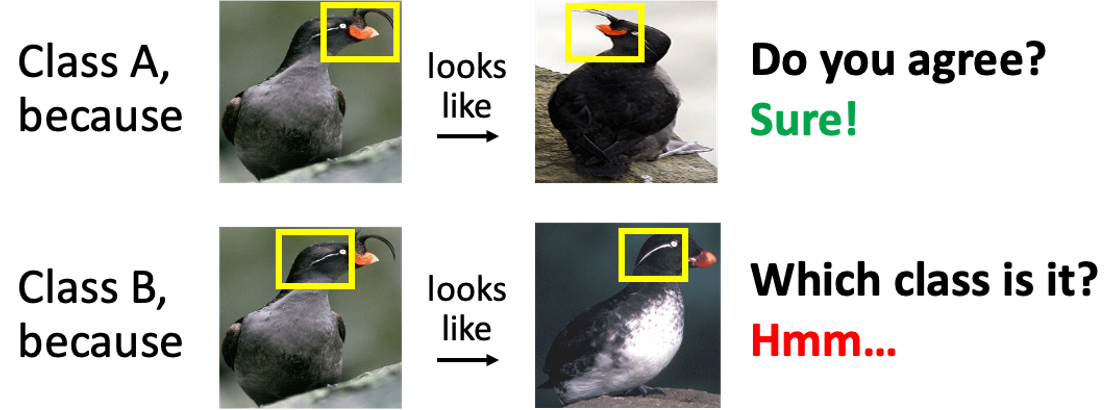
|
Sunnie S. Y. Kim, Nicole Meister, Vikram V. Ramaswamy, Dr. Ruth Fong, Prof. Olga Russakovsky ECCV, 2022 [project page] [paper] [code]
Human evaluation framework for diverse interpretability methods in computer vision.
We identify two desiderata for explanations used to assist human decision making: |
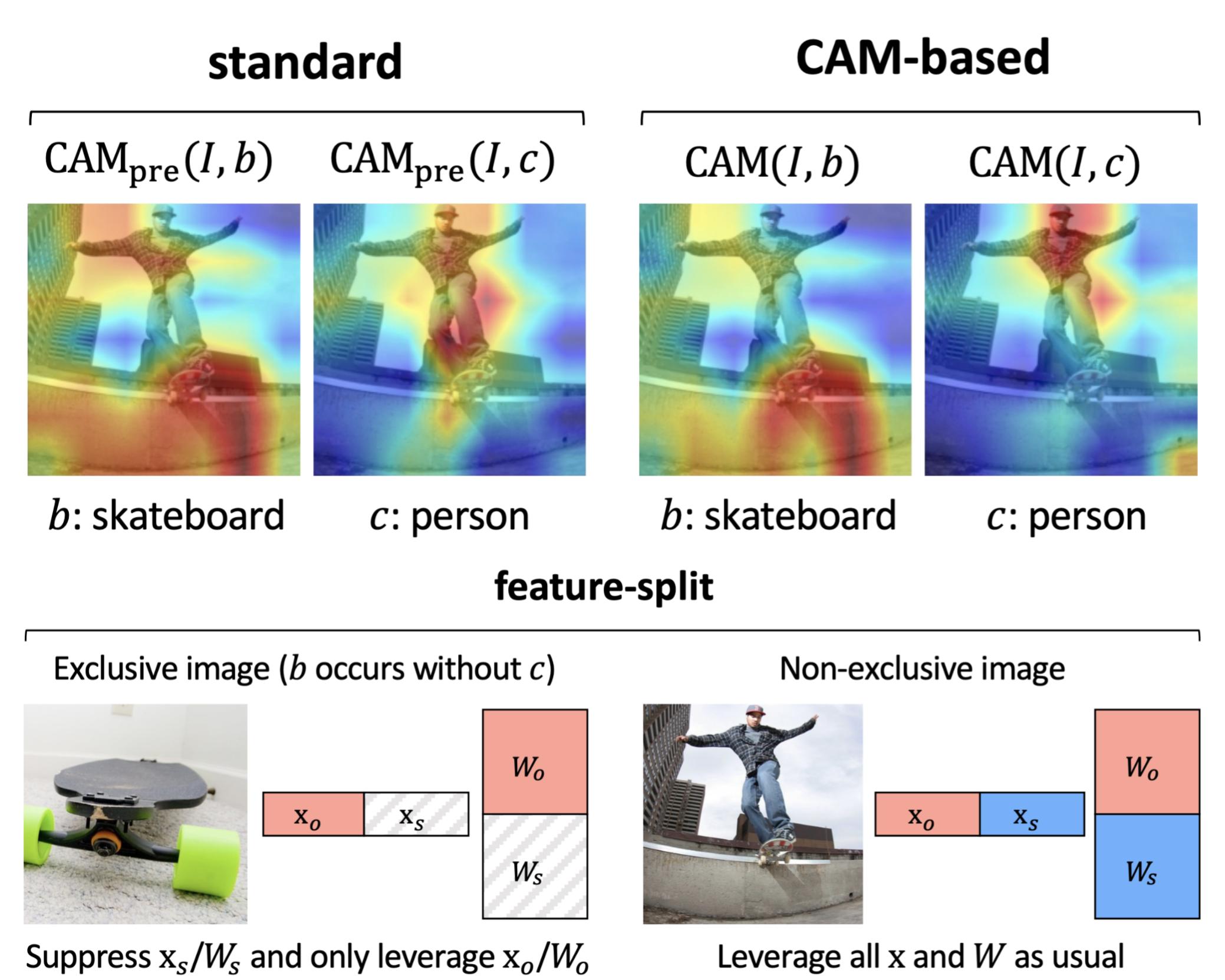
|
Sunnie S. Y. Kim, Sharon Zhang, Nicole Meister, Olga Russakovsky ReScience C, 2021 [journal] [arXiv] [openreview] [code]
Participated in ML Reproducibility Challenge 2020 and reproduced from scratch Singh et al. (CVPR 2020)
that mitigates contextual bias in object and attribute recognition. |
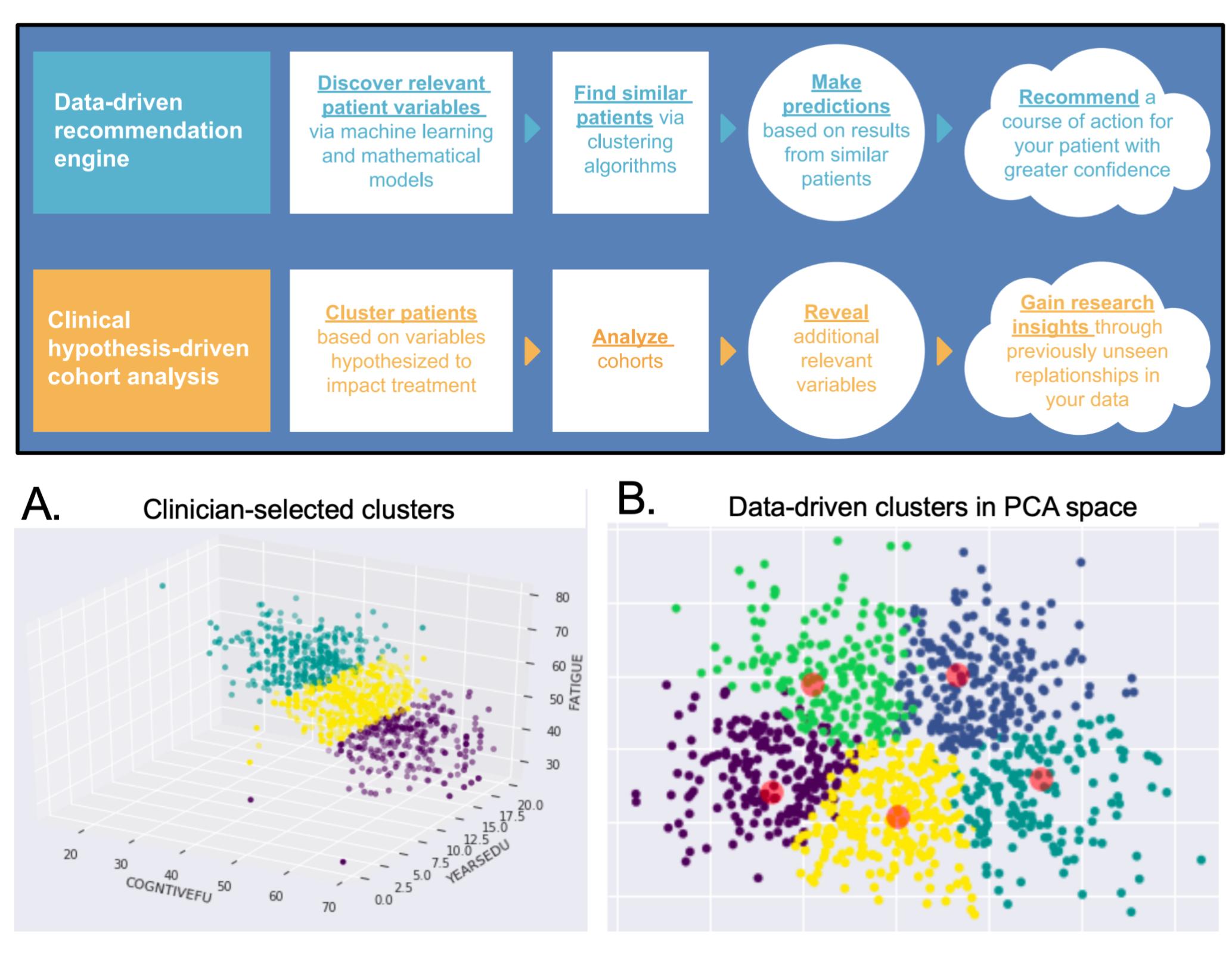
|
Nicole Meister, Hannah Cowley, Corban Rivera, Karla M Gray-Roncal, Kathryn Fitzgerald, Claudia Allshouse, Anna Duerr, Aalok Shah, Paul Nagy, Peter A Calabresi, Antony Rosen, Ellen M Mowry, William R Gray-Roncal Americas Committee for Treatment and Research in Multiple Sclerosis (ACTRIMS) , 2019 [poster] [abstract] Implemented machine learning algorithms to predict prognosis of Multiple Sclerosis patients (able to predict walk time within 1 second accuracy). Used k-means to cluster patients and produce more accurate predictions. |
|
Creating inclusive spaces is extremely important to me as supportive environments have been crucial to my decision to pursue a graduate degree. |

|
TA: Hold office hours, debug and grade assignments and exams. Grader: Provide feedback to students regarding style, efficiency, design ECE/COS 306 TA: Contemporary Logic Design (Fall 2021) COS 429 TA & Grader: Computer Vision (Fall 2021) COS 217 Grader: Introduction to Programming Systems (Spring 2020) Peer Tutor for Introductory Computer Science Classes (Fall 2019-Spring 2021) |
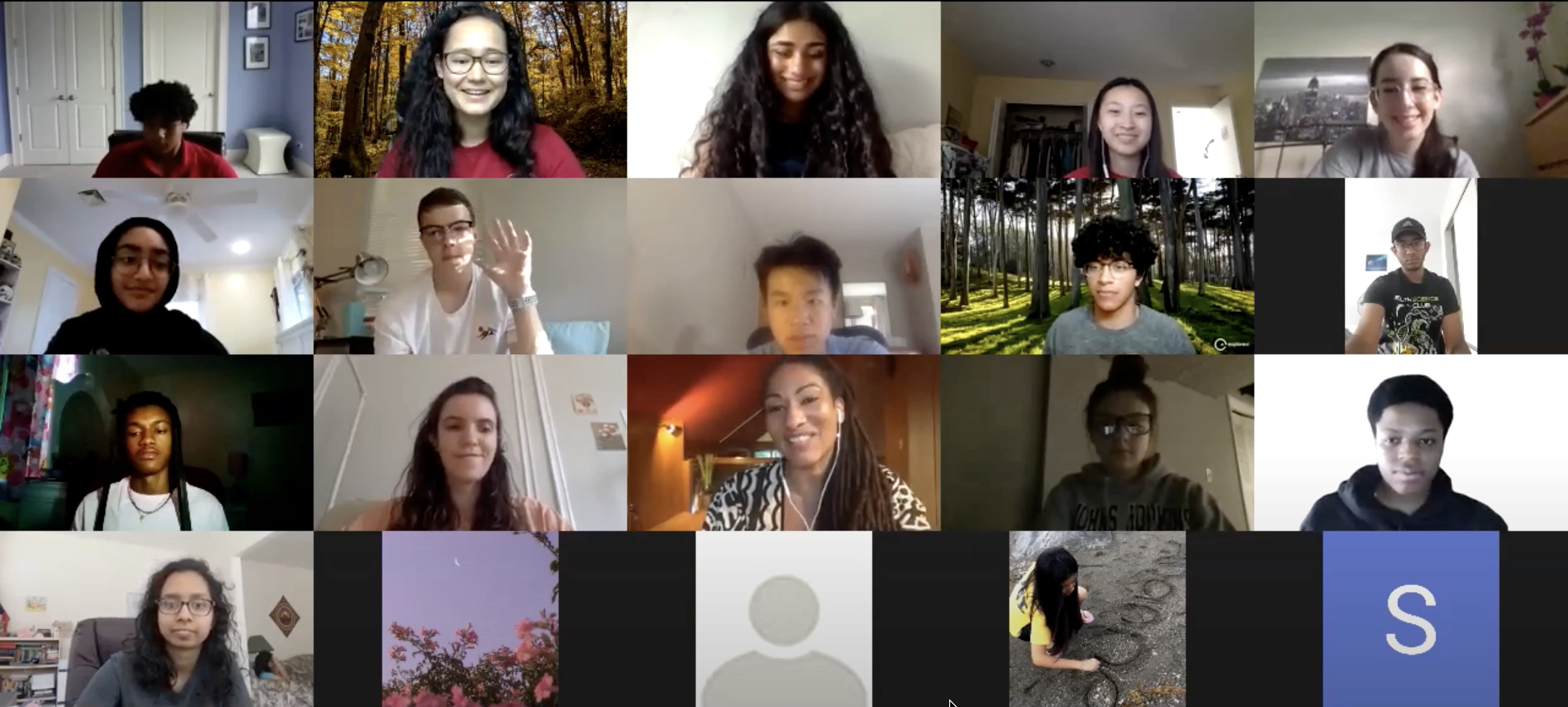
|
Founder (Summer 2020, 2021) [2020 recap] [report] [example lessons] Created a free 6-week course to empower high school students from historically underrepresented minority groups with the skills to leverage data science and web development.
|
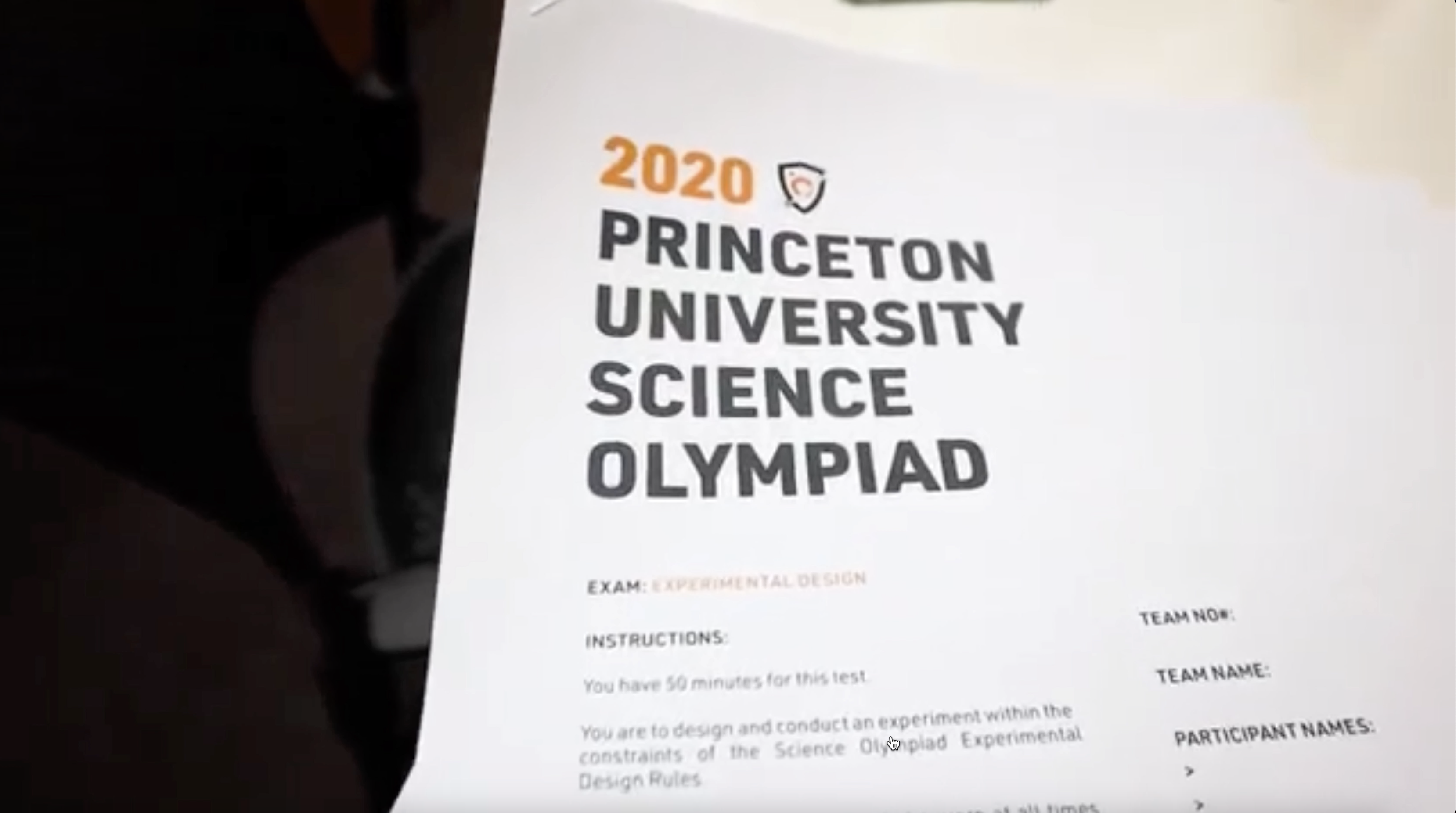
|
Co-Director, 2020 [report] [video] [photos] Organized high school science competition, managing 30 person team, $23k budget, 140 volunteers, 800 participants.
|

|
Plan and lead a weeklong immersion program through backcountry backpacking. Teach other leaders-in-training necessary backcountry backpacking techniques and other leadership skills. |
|
Design and source code from Jon Barron's website |